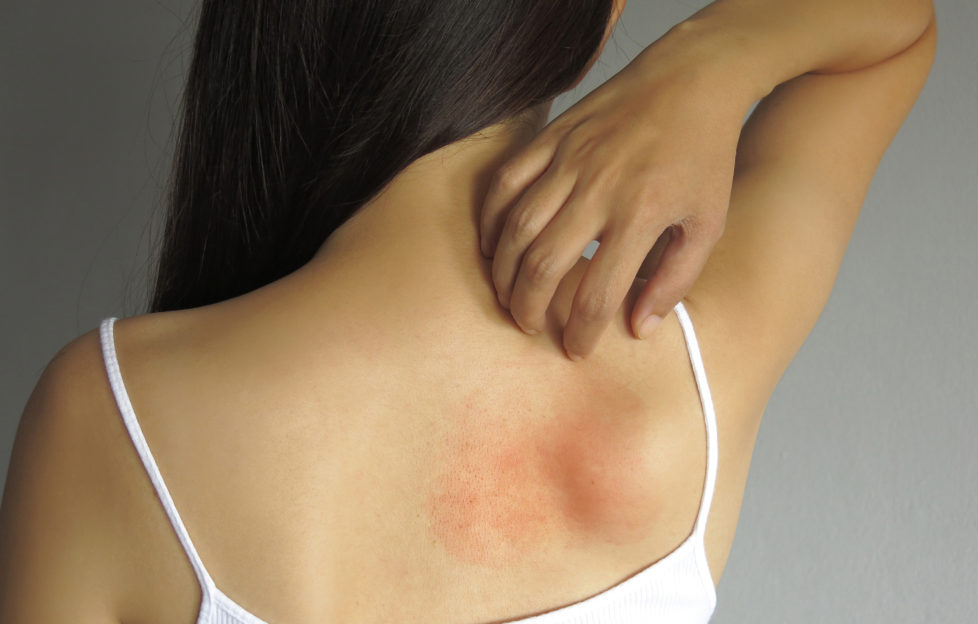An Expert’s Advice On Eczema

As many as one in five UK children suffer from eczema at some stage. But did you know that one in twelve adults can also be affected?
As this is National Eczema Week, we asked an expert about the common signs and symptoms.
We also asked what the sufferer can do to manage the condition.
Dr Sivanie Sewell, Consultant Dermatologist & British Skin Foundation spokesperson, had the following advice.

Dr Sivanie Sewell. Picture courtesy of British Skin Foundation.
Symptoms
“Eczema presents as itching, dryness and redness.
“Other signs which may occur are flaking, scaling, swelling and splits forming on the skin.
“The skin may thicken due to repeated scratching. Sufferers may experience weeping or crusting, and affected skin could become darker or lighter than surrounding unaffected skin.
“They may also experience bumps or blisters underneath the skin.
“There are many types of the condition. Atopic eczema, discoid/nummular, irritant contact, allergic contact, seborrhoeic eczema, pompholyx/dyshidrotic eczema, asteatotic eczema/eczema craquelé and gravitational/venous/varicose eczema.
“It is important that your doctor correctly diagnoses the subtype. This will determine how it needs to be managed.
“They should also identify any potential triggers for the patient to avoid — particularly those with the allergic contact subtype.
Treatment
“As a general rule, use a soap substitute for showers or use a bath additive in the bath. Avoid anything which lathers or forms bubbles, and hot water, as these dry skin out.
“Use an emollient/moisturiser. Use one that is fragrance free and without ingredients which might irritate the skin, alongside an active treatment.
“The active treatment will depend on the type and severity of the condition. Examples include topical steroids, topical calcineurin inhibitors, topical anti-yeast treatments, oral steroids, phototherapy (light treatment), medications which suppress the immune system and a biologic drug.”
More information can be found in “The People’s Friend” October 17 issue, when Health Writer Colleen Shannon explores the subject in more depth.
For more health advice from “The People’s Friend”, click here.










